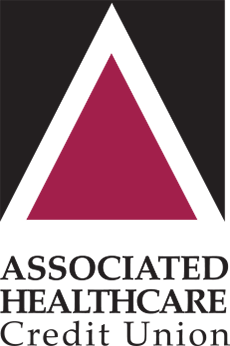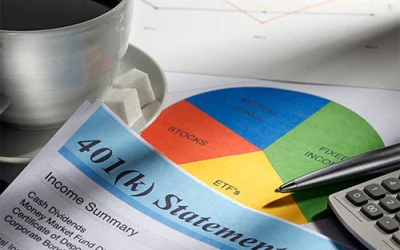The famous English poet Alexander Pope once said: "To err is human, to forgive, divine."
Pope was certainly right about errors. Mistakes are part of the human condition. If you aren't making the occasional misstep or suffering from the odd lapse in judgment, then you aren't living. Your lenders and creditors, however, may not share Pope's charitable notions about forgiveness.
Financial mistakes tend to linger. Make the wrong decision, and you could be saddled with persistent negative consequences that are difficult to shake.
Given the importance of sound financial decision-making, let's review some of the most common financial errors and how to identify and avoid them.
Focusing on the Short-Term
Getting caught up in the present to the exclusion of the future is one of the most harmful (and, sadly, most common) financial decisions we make. Anytime there is a significant downturn in the stock market, we can see the negative effects of short-term thinking in action. Panicked stock owners sell too soon, fearing they'll lose even more money. History shows us that even after serious market corrections (think the dot.com bubble or the Crash of 2008), the market typically regains all the ground it lost within a few years.
If you're looking at a multi-decade retirement timeline, worrying about short-term results is a good way to seriously handicap your performance.
Lifestyle Inflation
Have you ever noticed that no matter how much more money you make, your financial situation never materially changes? If so, then you likely have a bad case of lifestyle creep. This means, in essence, that the more money you earn, the more you spend. If you're given a 10-percent raise, you might opt for a nicer car or a longer vacation - rather than more money diverted into your savings account or portfolio.
Much like short-term thinking, this kind of lifestyle inflation is distressingly common. It's also one key reason so many people fail to achieve their financial goals.
Not Building a Nest Egg
Living paycheck to paycheck is a precarious position to be in. It's also, sadly, very common. According to a Bankrate.com survey, three out of four Americans qualify for this designation. Without an emergency fund to fill in the gaps, a lost job or a health setback could have catastrophic financial consequences.
There's some good news, however: Americans are saving more these days. The U.S. personal savings rate reached 5.8 percent in February 2015 - the highest level it has reached for three years. Increased savings can make the difference between hurtling toward disaster - and escaping unscathed.
Failure to Budget
We get it - budgeting isn't fun. After a long day at work, few of us want to dedicate our time to crunching numbers. Yet without this kind of framework, many of us simply can't make sound financial decisions consistently.
Proper budgeting allows you to make an accurate assessment of what you're really spending - a number that might surprise you. The process of staying within a budget also provides the opportunity for positive reinforcement, as goals and targets are met.
The Verdict
All of us are fallible, so a poor (or, at least, suboptimal) financial decision is almost a given for everyone at some point. The key is to learn from your mistakes. Identify the underlying thinking that gives rise to irrational behavior, and work to contain it.
By doing so, you'll give yourself the best possible odds of avoiding crippling financial errors.








